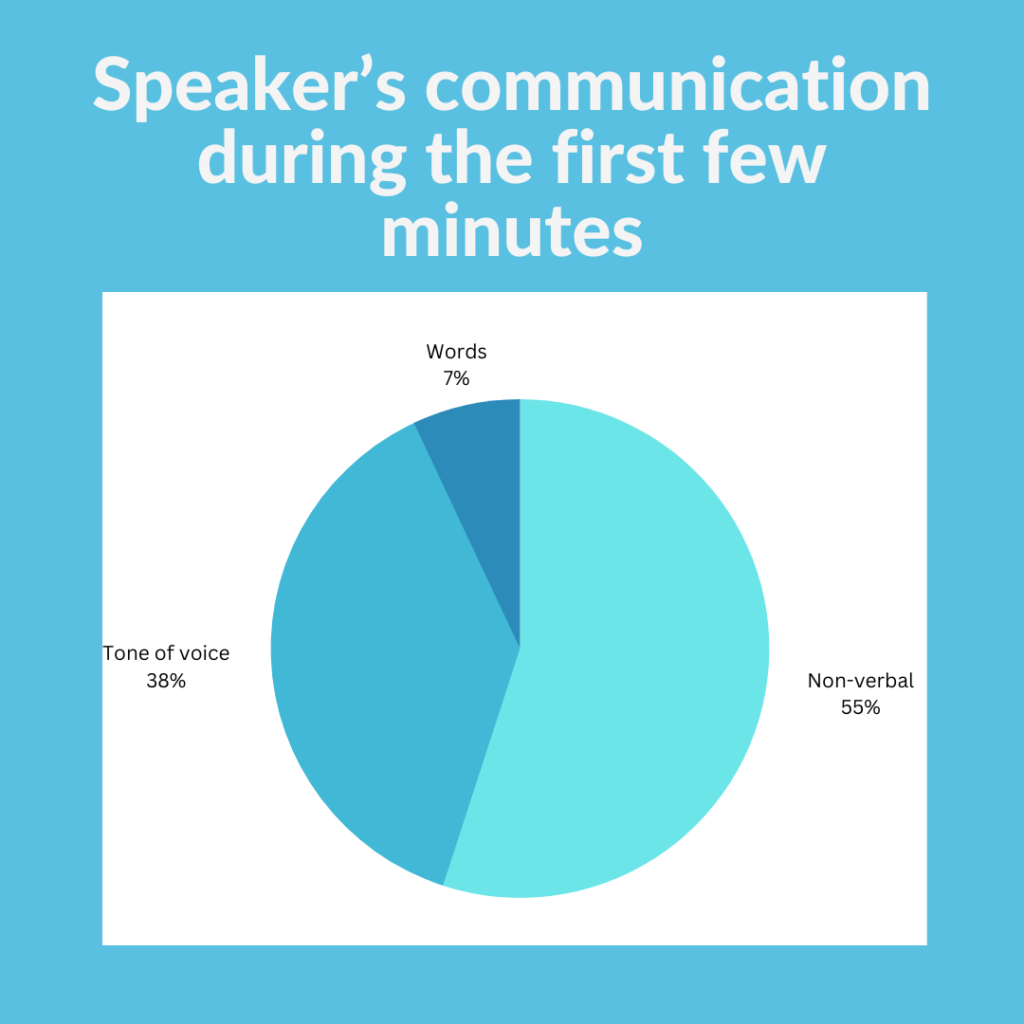Your cart is currently empty!

Stand-up Comedy is Some Serious Public Speaking
Do you like to listen to stand-up comedians? People are more than happy to sit for 1 hour or more in a chair listening to someone talking and even pay for it. However, invite them for a formal speech, and they will be less than excited…
Sure, the comedic tone helps, but there is more to it, and even if you aren’t a comedian yourself, there’s a lot you can learn from them.
Stand-up comedy IS public speaking
If, at this point, you’re thinking that stand-up and public speaking are two entirely different things, let me tell you: you’re mistaken. In fact, the best comedians are master presenters, and there’s a lot you can learn from standup comedians.
Just being a funny person isn’t enough to be a stand-up comedian. Most of us know funny people who couldn’t make it as comedians. Those who succeed had to train and practice a lot to get where they are now. As everyday public speakers we can learn from their craft.
1. They Tell “Perfect” Stories
By now, you have probably read a thousand times how stories are essential to connect with your audience and keep their interest. Well, that’s all stand-up comedy is about. They tell stories in a funny way, and you listen to them and have a good time.
You may think that the comedy part is what really matters, but it isn’t. It’s more than that. Comedians study their stories very carefully and rehearse many, many times, training pacing and timing to exhaustion. Those two things make a good story, be it funny or not. They must give the audience time to grasp the joke and react to it. They never talk on top of the audience’s laughter. Why should you keep talking when your audience isn’t paying attention?
Another thing they consider profoundly is the first story of the show. They need a strong start, and they spend a long time studying the best one. You should, too.
If you find it appropriate, you can start your presentation with a story that tells your audience who you are and why you’re there, sharing something you’re passionate about with them. You aren’t that passionate about your topic? Maybe you should rethink that presentation.
2. They keep it simple
I’m sure you’ve learned before that you should keep your presentation simple. Sure, but there is so much to be said, right? The problem is the more you say, the less your audience keeps.
Comedians understand and explore that perfectly. They tell simple stories everyone can relate to and only provide the details vital to their goal: to make the audience laugh. Forget the complicated or useless details; they will only get in the way of communication.
3. They connect
The whole idea of telling a story is about connection. If you tell them something that they don’t care about or do not identify with, then you fail. They need to relate to your story somehow.
Comedians are experts in choosing stories that the audience will relate to. They go for the simplest ones, for things that could happen to any of us, and that’s the trick. Elaborated situations that seem taken from a fantasy or action movie are not relatable. That time you fell in front of everybody is, because we all have been embarrassed before.
4. They laugh at themselves
The best comedians often use self-deprecating jokes. It is a way to connect and put themselves at the audience’s side – they laugh along with the audience at themselves. They are not afraid of looking dumb, and that’s usually very effective in bringing the audience to their side.
That also helps make people more comfortable. For example, they sometimes ask questions to the audience to use the answer as a punch line. If they laugh at themselves first, there is less chance of people getting offended. They are all giggling and having a good time together.
This is what you should learn – make your audience feel that you’re together in this and not in an us vs. them situation.
5. They get physical
Have you ever seen a comedian static on the stage? I’m sure you didn’t. Comedians use their whole body to communicate with no fear.
They move intentionally. They approach the edge of the stage, they look into the eyes of the crowd, and they ask rhetorical (and non-rhetorical) questions. Comedians give you the feeling they’re everywhere. No one is left out in their show, which is vital to keep the audience attentive and engaging.

6. Again, again and again!
Independently of how natural and spontaneous they sound, comedians think and rethink their stories and jokes numerous times. They try, and they fail; they change and try again until they get the answer they want from the audience. Not all stories and anecdotes work with all audiences, and they work a lot to get things right.
So, sorry to disappoint, but sounding spontaneous takes hundreds of hours of practice. Practice the speech, record and observe, pay attention to the audience, be sensitive to their reactions, and repeat – again, again and again.
7. Enjoy the applause
Being the center of attention can be uncomfortable for many of us, but if you just delivered an excellent presentation, you must know how to enjoy the applause.
After a stand-up comedy show, comedians don’t run off the stage, do they? Enjoy the demonstration of appreciation from the audience and then leave. Don’t stay for too long, but be appreciative of them.
Comedians are great speakers
Unless you’re very unlucky, boredom is not something you experience at a stand-up comedy show; it is not always about the funny remarks. Good stand-up comedy is a masterful public speaking performance.
A stand-up comedy show is probably the most pure form of public speaking. The speaker goes on stage and tells stories, grabbing the audience’s attention and working with their emotions. Comedians obey public speaking basic rules to convey their message. Great comedians aren’t simply funny, they are great communicators!
Cátia is a psychologist who is passionate about helping children develop and train social skills.


Leave a Reply